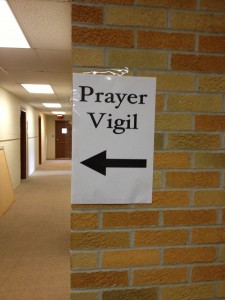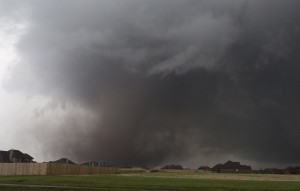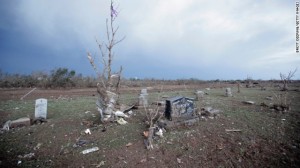All of us treasure our eyesight. In reading through scriptural references to the eyes, we’re told we can gain much by what we allow ourselves to look at and can get into trouble the same way.
One biblical reference to an eye, though, has always puzzled me: “Keep me as the apple of your eye.” (Psalm 17:8) I know being the apple of someone’s eye means you’re very special to them, possibly more important than anyone else. It’s a position of loving favor. But what’s the logic of an apple being put together with an eye?
In the psalm above, David is talking to God, confident he is the apple of his eye. And he’s right, since God has already told him so. In Zechariah 2:8 God warns that anyone who hurts his people hurts the “apple of his eye” and will have to pay serious consequences.
Since the Bible contains the oldest references to the apple-eye phrase, I decided to research its meaning: (1) the ancients thought the eye’s pupil was a sphere much like a round fruit, calling it the apple of the eye; (2) the original Hebrew for this idiom was translated “little man of the eye.” The Latin word pupilla, which is much like the word pupil, means “little doll.”
So here’s the connection. When we stand face-to-face with someone, looking at each other closely eye-to-eye, we each see our own reflection in the pupils of the other. And so the phrase “apple of my eye” refers to a very close, one-on-one relationship with someone.
Only one person at a time can be close enough to see their image in another’s pupil. It doesn’t work with two. Thus there’s only one person who can be the apple of another’s eye. So how did this work with David and God? Or for that matter, with God and us?
Because the Almighty is who he is, superior to us in countless ways, he can (miraculously) be eye-to-eye with all of us at the same time while still remaining one-on-One. He’s a personal God, able to be all things to all people simultaneously. I can be the apple of his eye at the same time you are. It’s one of those divine phenomenons of 100% here and also 100% there.
God the Father has told us no one can look directly at him and live. But he’s given us the apple-eye expression as a way to understand how important each of us is to him, hoping we’ll feel the same in return.
In a related Scripture, God tells us he’s willing to guide us with his eye (Psalm 32:8). As we’re gazing at him, he passes along his all-wise guidance, which is then easy to receive when we’re that closely focused on him.
So no matter what happens to my earthly eyesight, I don’t want anything to damage my apple-eye vision.
“[God] shielded him and cared for him; he guarded him as the apple of his eye.” (Deuteronomy 32:10)







